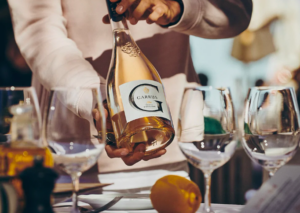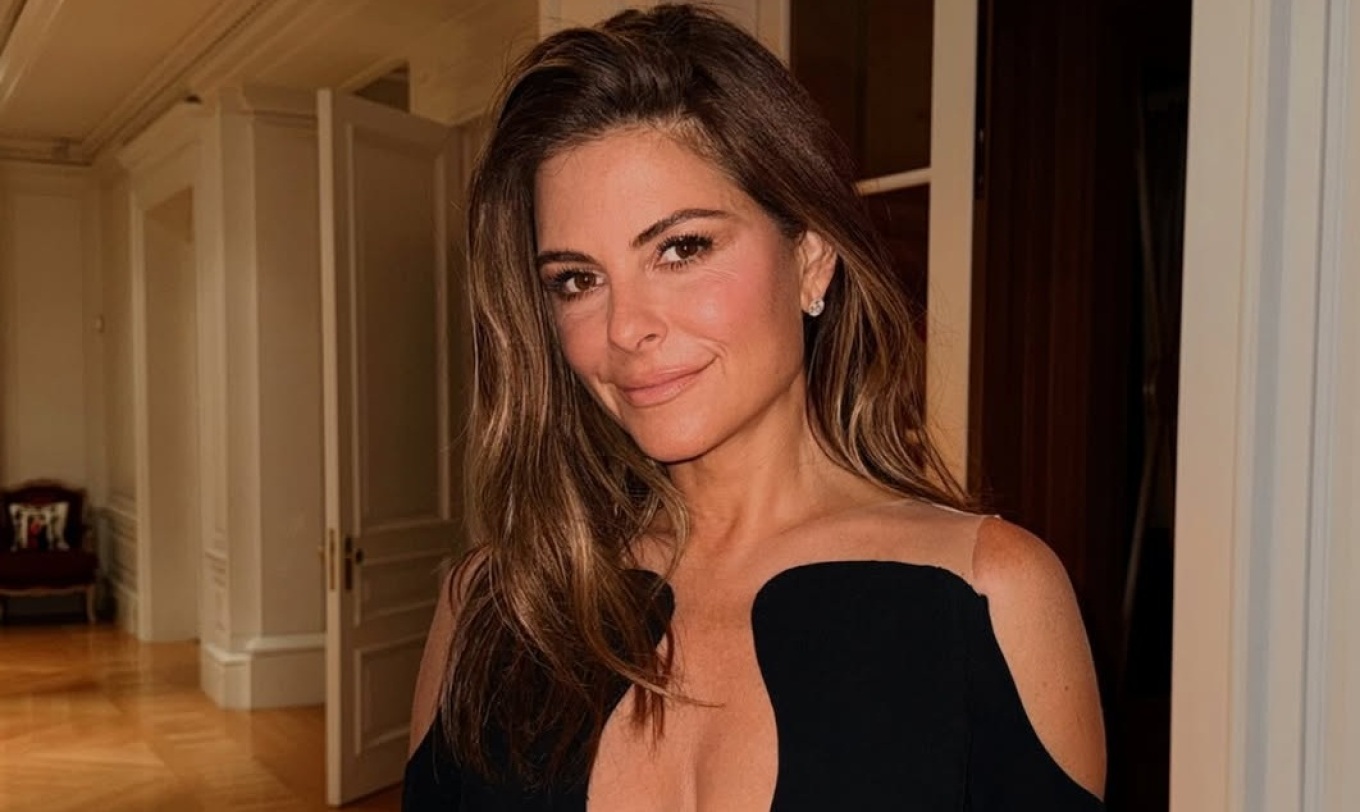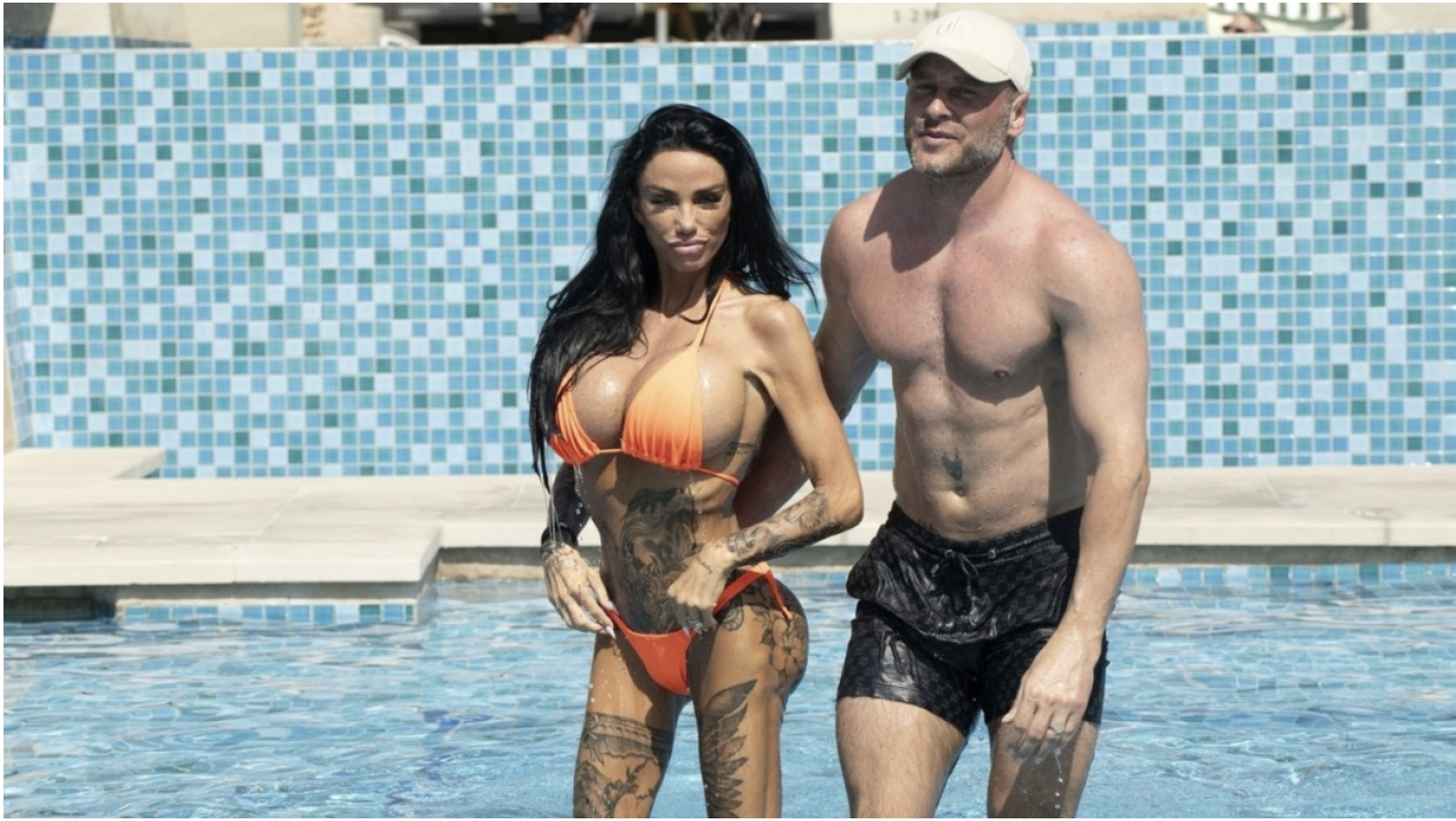Very few rosé wines dare to place themselves in the Pantheon of the world’s legendary wines. Among them, the Garrus from the renowned Chateau d’Esclans, produced by Sacha Lichine, stands out as a unique case.
When the Russian-born son of Alexis Lichine abandoned the Bordeaux “certainty” of the family wine business—selling the Cru Classe Chateau Prieure Lichine, no less—to bet everything on a decaying estate in Provence in 2005, any business consultant would have advised against it. At that time, Chateau d’Esclans consisted of a dilapidated winery and a 65-hectare vineyard, most of whose grapes were sold cheaply to neighboring wineries.
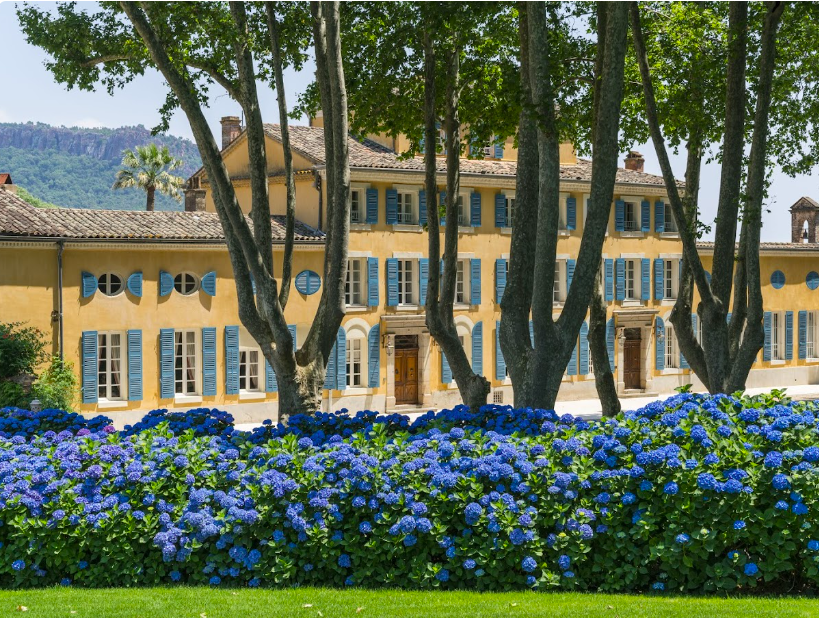
However, the visionary winemaker saw something others had missed: the nearly century-old vines at the highest point of the estate, known as Garrus in Latin. Don’t be surprised by this, as Chateau d’Esclans is a property with a history that dates back centuries, with its tower—only the cellar of which remains today—dating back to the 12th century.
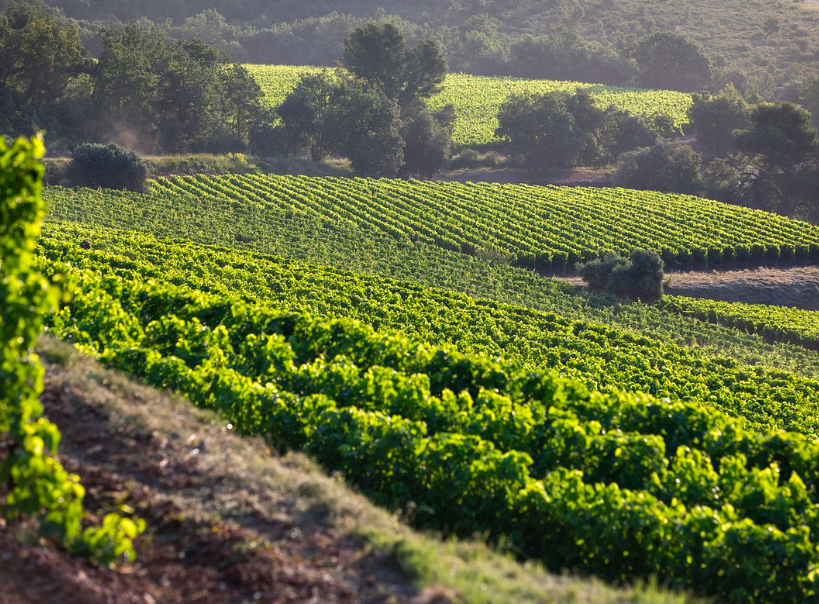
In just a few years, Sacha Lichine and his winemaker, Patrick Leon, formerly of the prestigious Chateau Mouton Rothschild, managed to “resurrect” the estate in the village of Var, change the history of rosé with Whispering Angel, make Provence the ultimate place for this wine style, and create the first mythical rosé label. With some exaggeration, one might say that while in the rest of the world, what isn’t good enough for red wine becomes rosé, in Provence, what isn’t good enough for rosé becomes red! Of course, in this case, such a statement wouldn’t apply, as Esclans only produces rosé, but it highlights the significance of rosé in this cosmopolitan area of France.
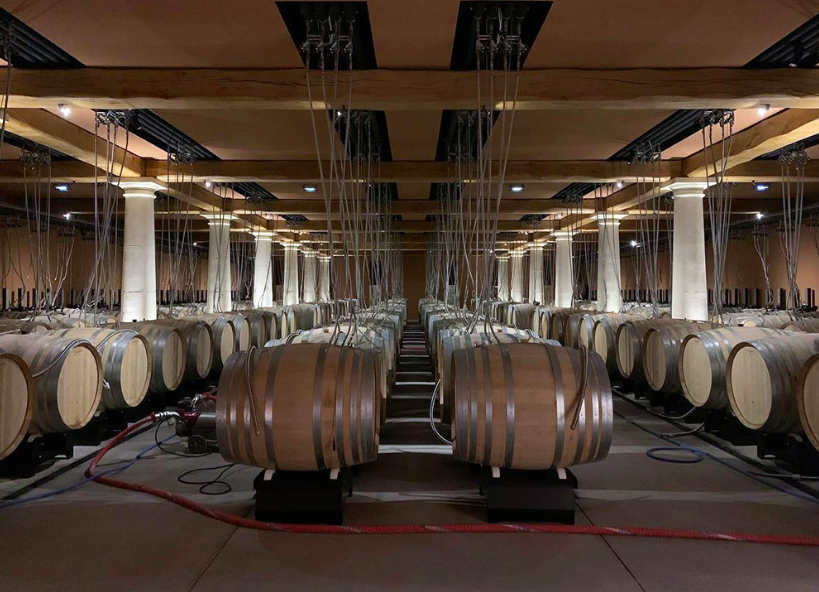
In the case of Garrus, however, things go several steps further. It’s not just the blessed terroir of the small 4-hectare plot where it originates or the old vines that yield minuscule harvests, comparable to the greatest reds, that make the difference. It’s also the high proportion (20-25%) of the local white Rolle grape alongside the unique Grenache Rouge, the triple selection process the raw material undergoes, and the exclusive fermentation in 600-liter barrels, where the wine remains for almost a year.
For the winemakers, temperature is crucial in producing a top rosé, so they have ensured its regulation while the wine is in the barrel. We might not fully understand the impact on quality, but we can certainly grasp the financial impact, as the installation, according to the producer, cost 1 million euros. Fortunately, the winery has other opportunities to recoup its investment, as the 100% new barrels in which Garrus ages number only ten.
Wine lovers around the world have few chances to bring Garrus to their glasses, but the lucky few who manage to do so will forget everything they know about rosé wines. Garrus’ show starts with a bright color reminiscent of onion skin and an exceptionally complex and intensely concentrated aroma that evokes memories of potpourri, honeysuckle, peach, incense, and angelica flowers. Even more shocking, however, is the experience on the palate, where each sip feels like a serving of meat.
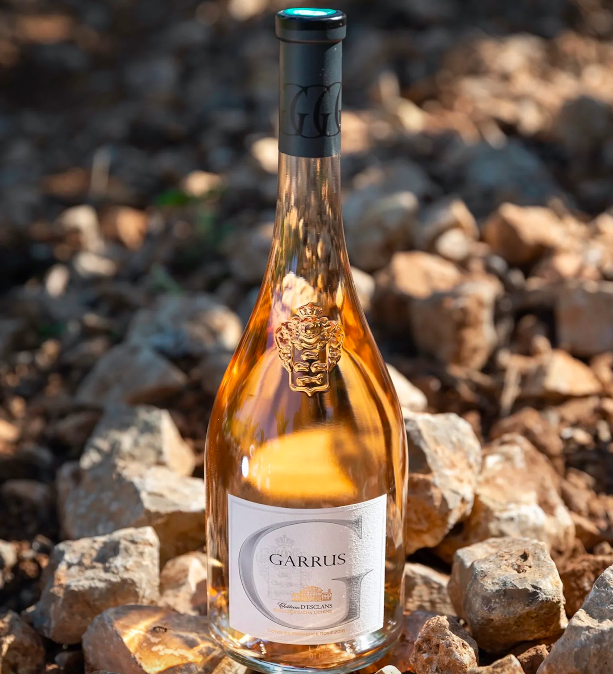
It’s not just the body and strength of Garrus that make it so special but also its creamy roundness, akin to that of heavy cream. The cherry on top is that all of this comes with incredible elegance, sophisticated minerality, and a tremendous finish. This profile makes Garrus less suitable as a poolside rosé or for St. Tropez decks—though it often ends up there—but rather a fine wine choice for any serious table or high-end wine event.
Hardly anyone associates rosé wine with aging, but this exceptional creation has proven it has all the qualities to age for at least 3-5 years. It might not often appear at auctions, but with a price of over 150 euros, Garrus makes many great white or red wines envious.
The top cuvée of Chateau d’Esclans laid the foundation for the ultra-premium category in Cote de Provence, a category that now includes other members with similar or even higher prices. But Garrus remains the ultimate benchmark wine, setting the standard for any rosé aspiring to be called great.
The price of a bottle in Greece ranges between 160-170 euros.
Ask me anything
Explore related questions
